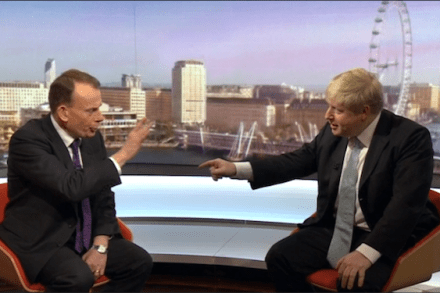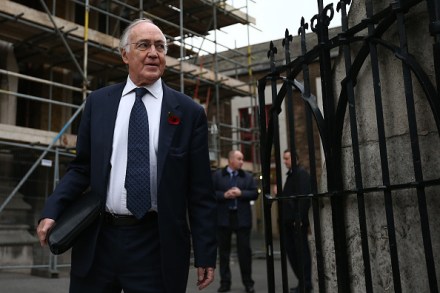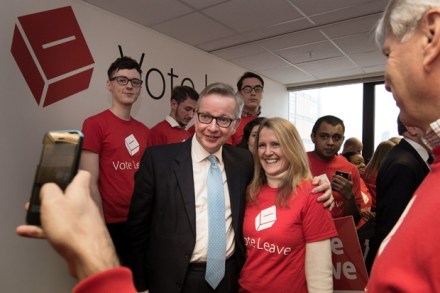Question Time’s Brexit poster girl joins Women for Britain campaign
When Lexie Hill appeared on Question Time last month, she left Cabinet minister Liz Truss speechless when she offered up her argument for leaving the EU. The Brexit youth dismissed the Environment Secretary’s claim that the Prime Minister’s EU negotiation deal will reduce the ‘pull factors’ attracting migrants — arguing that a rise in the living wage would actually do the opposite: ‘I’m sorry but I can’t accept Liz’s arguments. What is increasing the living wage to £9-per-hour in 2020 going to do? Especially Eastern Europeans who have a minimum wage that’s already one tenth of what ours is’ With the clip going viral and Lexie championed as a new



















